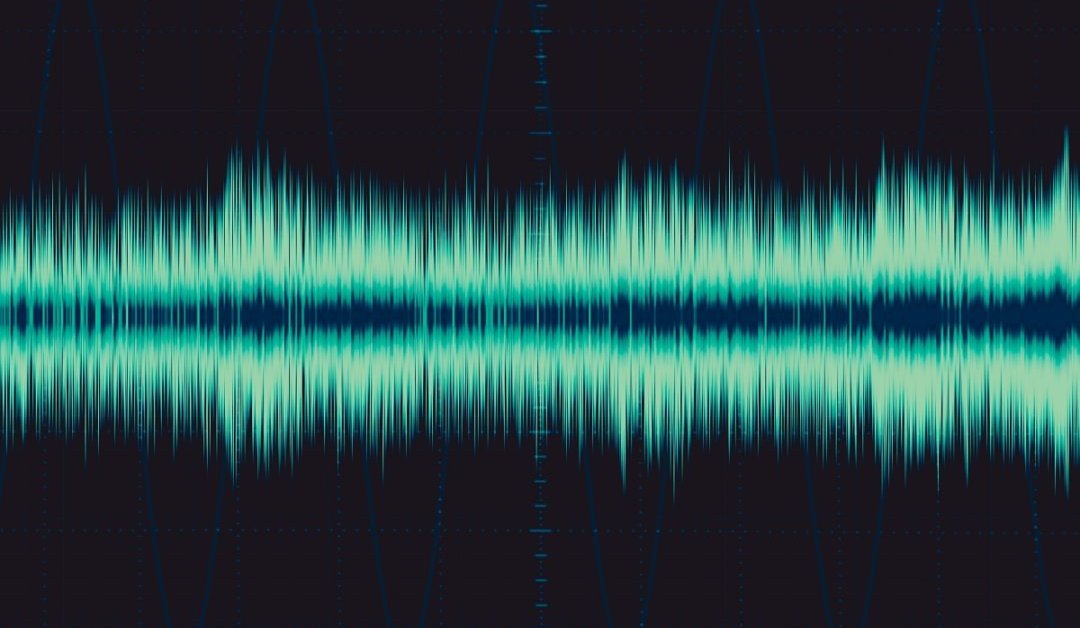Stanford Scientists Created A Deafening Sound That Can Boil Water
Patanjali Talavalakar - Jun 07, 2019

Researchers at the SLAC National Accelerator Laboratory based at Stanford University created an underwater sound so loud that it instantly vaporizes water.
- Japan Hydrogen Breakthrough: Scientists Crack the Clean Energy Code with Mind-Blowing 1,000% Efficiency Jump
- 'Five-second rule' For Food Dropped On The Floor: Is It True?
- Scientists Want To Send 6.7 Million Samples, Including Sperm, To The Moon
Scientists at Stanford University's SLAC National Accelerator Laboratory made an underwater sound so deafening that it immediately makes water evaporate and seems to establish the limit on how loud sound can be underwater.
A strong X-ray laser of SLAC was used by the researchers to shoot minor streams of water with short pulses of high-frequency energy. At the moment when the x-rays meet the microscopic water stream, they immediately made the water particles evaporate around them like a spit on a frying pan. A shock wave was also created through the stream that can literally be observed going to the left side and the right side of the blast spot like below:
What’s fascinating about this shock wave is that it’s powerful enough to be visible to the humans' eyes. It could be easily perceived to be disrupting the stream of water. However, it is insufficient for the particles to break down completely as they do when it came into contact with the strong X-rays. The scientists think that the shock wave only generated a pressure that was beneath this breaking point. That implies it would be the upper limit a sound's loudness under the water.
The research was posted in the journal Physical Review Fluids' recent issue.
To put it simply, yes metal fans, you can rock so hard that you can boil water instantly. The sound pressure which was measured in this test is 270 decibels. That’s more deafening than a rocket dispatch and is equivalent to the force created by coordinating all the electricity lines in a whole city onto one spot.
If you ever had a real chance to hear such a sound with your own ears, nothing can help you because its power would not only destroy your eardrums but also your heart and lungs.
So make sure you won’t try this at home.
Featured Stories

Features - Jan 29, 2026
Permanently Deleting Your Instagram Account: A Complete Step-by-Step Tutorial

Features - Jul 01, 2025
What Are The Fastest Passenger Vehicles Ever Created?

Features - Jun 25, 2025
Japan Hydrogen Breakthrough: Scientists Crack the Clean Energy Code with...

ICT News - Jun 25, 2025
AI Intimidation Tactics: CEOs Turn Flawed Technology Into Employee Fear Machine

Review - Jun 25, 2025
Windows 11 Problems: Is Microsoft's "Best" OS Actually Getting Worse?

Features - Jun 22, 2025
Telegram Founder Pavel Durov Plans to Split $14 Billion Fortune Among 106 Children

ICT News - Jun 22, 2025
Neuralink Telepathy Chip Enables Quadriplegic Rob Greiner to Control Games with...

Features - Jun 21, 2025
This Over $100 Bottle Has Nothing But Fresh Air Inside

Features - Jun 18, 2025
Best Mobile VPN Apps for Gaming 2025: Complete Guide

Features - Jun 18, 2025
A Math Formula Tells Us How Long Everything Will Live
Read more

ICT News- Feb 19, 2026
Escalating Costs for NVIDIA RTX 50 Series GPUs: RTX 5090 Tops $5,000, RTX 5060 Ti Closes in on RTX 5070 Pricing
As the RTX 50 series continues to push boundaries in gaming and AI, these price trends raise questions about accessibility for average gamers.

ICT News- Feb 21, 2026
AI Coding Agent Causes Major AWS Outage at Amazon
In a striking example of the risks associated with deploying advanced AI in critical systems, Amazon Web Services (AWS) recently faced multiple outages attributed to its own AI coding assistants.

ICT News- Feb 20, 2026
Tech Leaders Question AI Agents' Value: Human Labor Remains More Affordable
In a recent episode of the All-In podcast, prominent tech investors and entrepreneurs expressed skepticism about the immediate practicality of deploying AI agents in business operations.
Comments
Sort by Newest | Popular